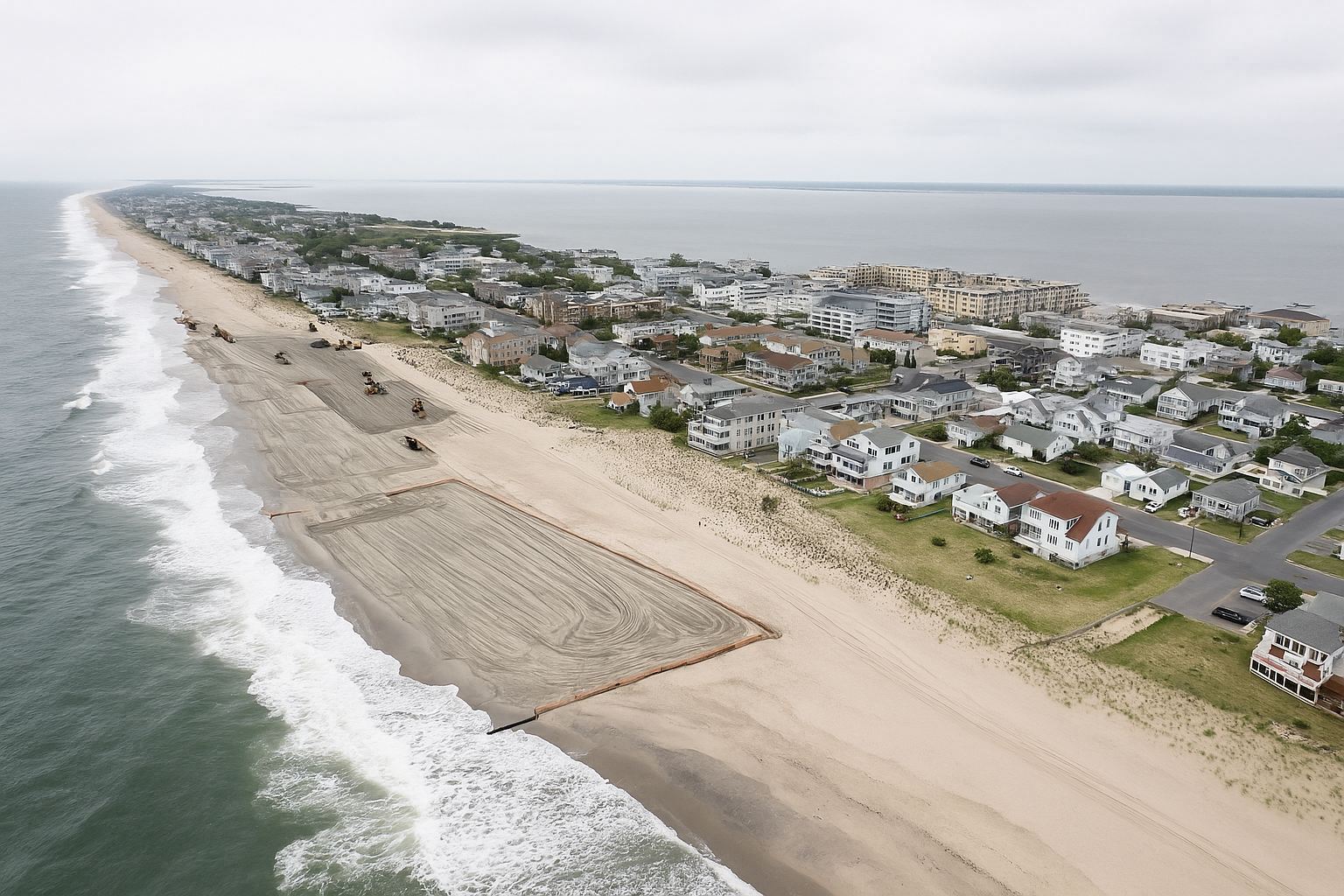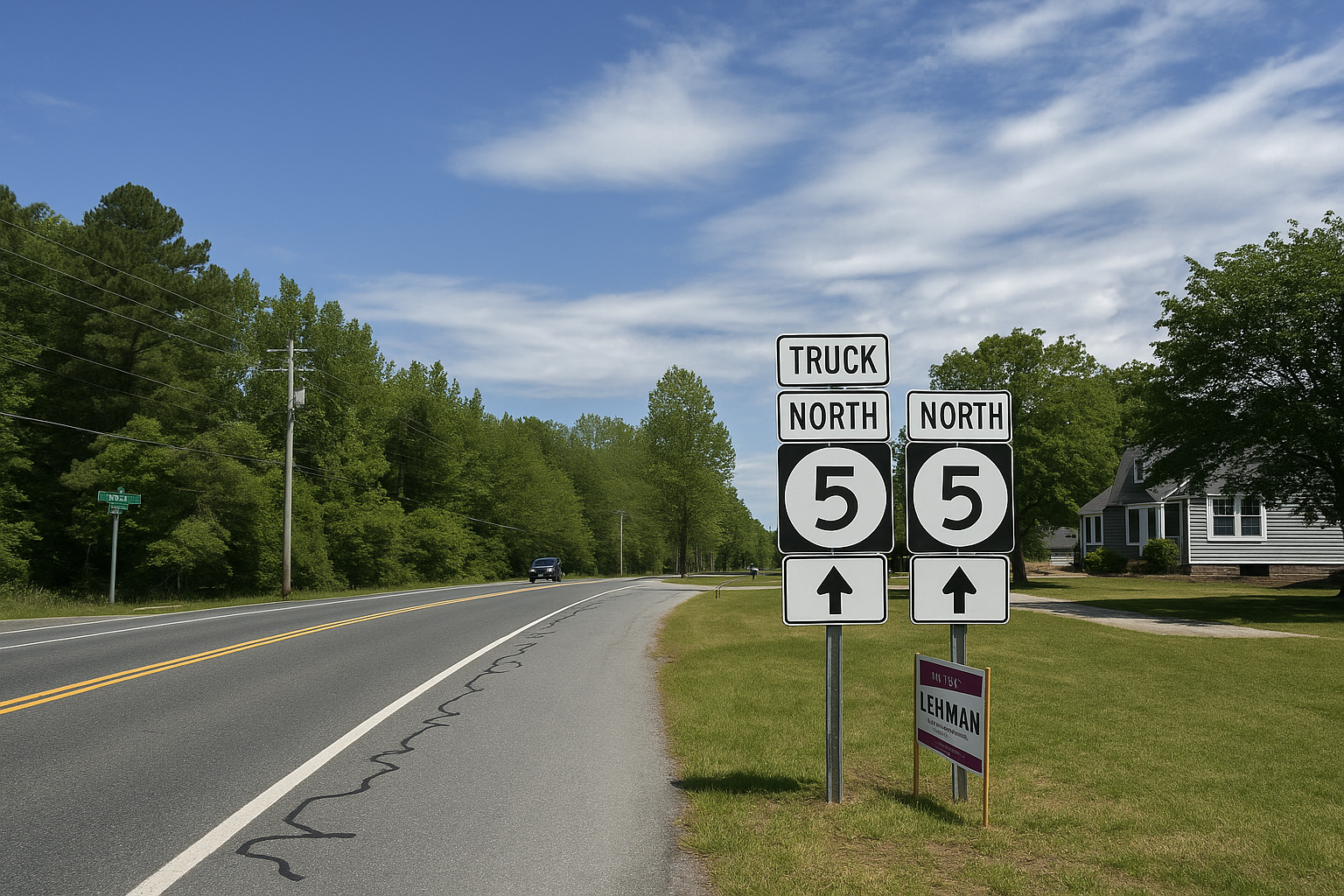As communities across coastal Delaware continue to grow and evolve, so do the local policies shaping daily life.
From traffic control in small towns to regulations affecting vacation rentals, recent actions by Milton and Dewey Beach town councils show how local governments are responding to resident concerns and shifting trends.
Here's a look at two updates that could impact transportation and tourism in the region.
Truck Traffic Limitations Under Review in Milton
Milton Town Council has decided to delay a proposed ordinance that would restrict large trucks from passing through downtown.
The ordinance, presented at the May 5 meeting, seeks to curb cut-through truck traffic by limiting trucks over two axles or weighing more than 5,000 pounds to local service only.
If enacted, the restriction would apply to:
- Chestnut Street between Front Street and Harbeson Road
- Lavinia Street between Mulberry Street and Sand Hill Road
- Mulberry Street between Harbeson Road and Route 16
- Union and Front streets between Harbeson and Cave Neck roads
- Union and Federal streets between Route 16 and Sand Hill Road
Mayor John Collier clarified that the ordinance would not prohibit trucks entirely. Businesses would still be permitted to receive deliveries.
The proposal followed recommendations from the Delaware Department of Transportation.
DelDOT plans to overhaul its truck signage near Milton, replacing current signs with updated ones and working to redirect GPS navigation, especially via Waze, to prevent trucks from being routed through downtown.
However, DelDOT confirmed that Milton would be responsible for the cost of new signs.
Council agreed to revise the ordinance and revisit it at the June meeting, with the goal of finalizing it before summer ends.

Dewey Beach Clarifies Rental Tax Language
Dewey Beach Town Council approved changes to the wording of its short-term rental accommodation tax ordinance on April 25.
The update aligns town code with current rental trends and clarifies responsibilities for property owners and their agents.
Key changes include:
- Property owners remain responsible for paying the tax
- Owners can now designate an agent to collect and remit the tax
- The ordinance introduces the term "accommodations intermediary," covering:
- Real estate brokers and agents
- Listing platforms like Airbnb and Vrbo
- Property managers and rental companies
If the designated agent is an intermediary, they must collect and pay the tax unless otherwise agreed in writing with the owner.
These adjustments aim to simplify compliance for short-term rental owners and adapt to the widespread use of third-party rental services.
Stay Informed on Local Policy Changes
Keep up with the latest developments in coastal Delaware by following our blog, and leave a comment to share your thoughts on how local ordinances are evolving to meet community needs.
Sources: Cape Gazette, Cape Gazette

